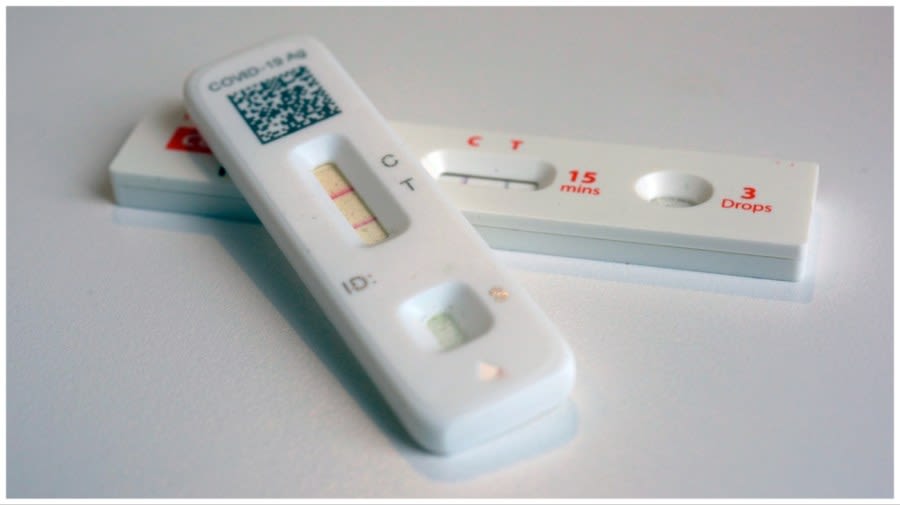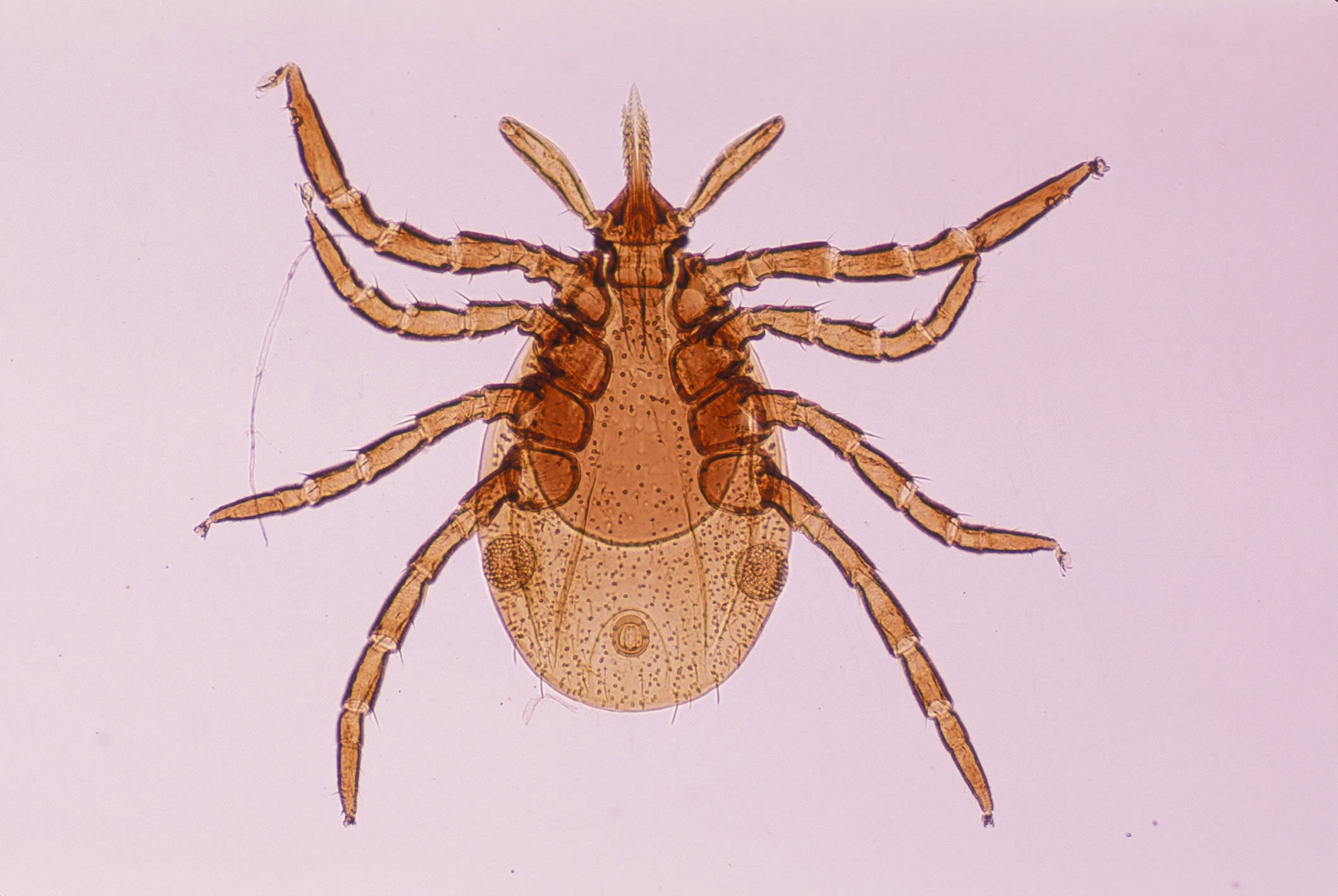Search results
People also ask
What are infectious diseases?
What is the difference between infectious and noninfectious diseases?
What is an example of an infectious disease?
Feb 18, 2022 · Infectious diseases are disorders caused by organisms — such as bacteria, viruses, fungi or parasites. Many organisms live in and on our bodies. They're normally harmless or even helpful. But under certain conditions, some organisms may cause disease. Some infectious diseases can be passed from person to person.
Apr 28, 2024 · The meaning of INFECTIOUS DISEASE is a disease (such as influenza, malaria, meningitis, rabies, or tetanus) caused by the entrance into the body of pathogenic agents or microorganisms (such as bacteria, viruses, protozoans, or fungi) which grow and multiply there.
Jun 6, 2022 · Infectious diseases are illnesses caused by harmful agents (pathogens) that get into your body. The most common causes are viruses, bacteria, fungi and parasites. Infectious diseases usually spread from person to person, through contaminated food or water and through bug bites. Some infectious diseases are minor and some are very serious.
3 days ago · Infectious disease, process caused by an agent, often a microorganism, that impairs a person’s health. Infectious diseases typically are caused by bacteria, viruses, fungi, or parasites. The immune system generally reacts quickly against these agents, though drugs may be used to help fight off infection.
News about COVID-19, FLiRT variants, KP.2
News about Lyme disease, Flightpath Biosciences, symptoms
Also in the news
Mar 20, 2024 · Infectious Diseases. Infectious diseases are disorders caused by organisms — such as bacteria, viruses, fungi or parasites. Many organisms live in and on our bodies. They're normally harmless or even helpful, but some organisms under certain conditions may cause disease.
Infections may affect only part of the body (a local infection) or the whole body (a systemic infection). Abscesses and urinary bladder infections are examples of local infections. Severe systemic infections may have life-threatening effects, such as sepsis or septic shock. Symptoms of infection can include fever, a racing pulse, faster ...
Infection in just one part of your body usually causes pain and local symptoms. For example, a lung infection (pneumonia) can cause chest pain and cough. A brain infection causes headache. An infection under your skin (skin abscess) can swell up, turn red, and be painful. Infections that affect a lot of your body can cause many different symptoms.







